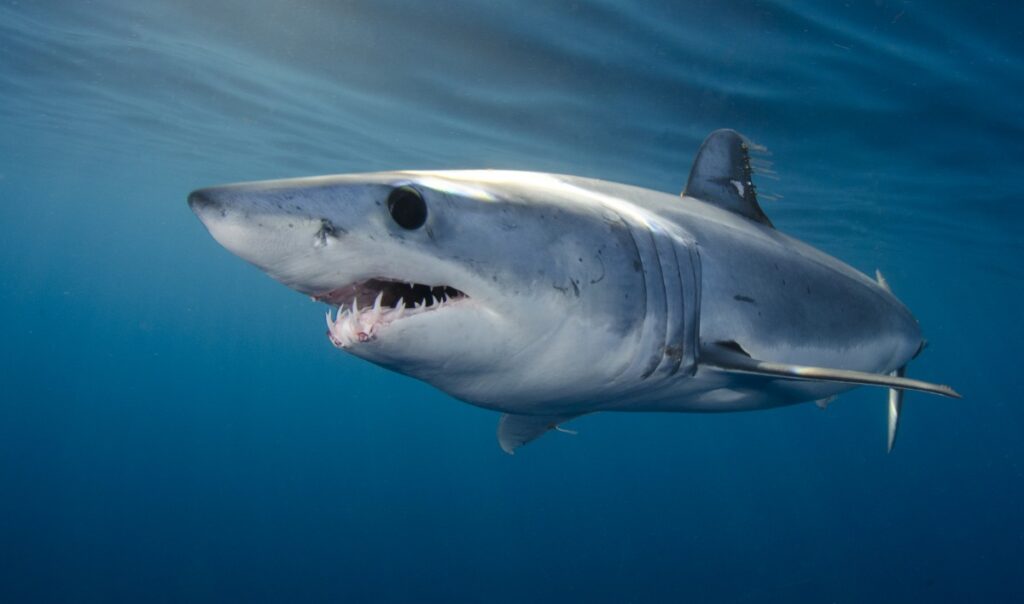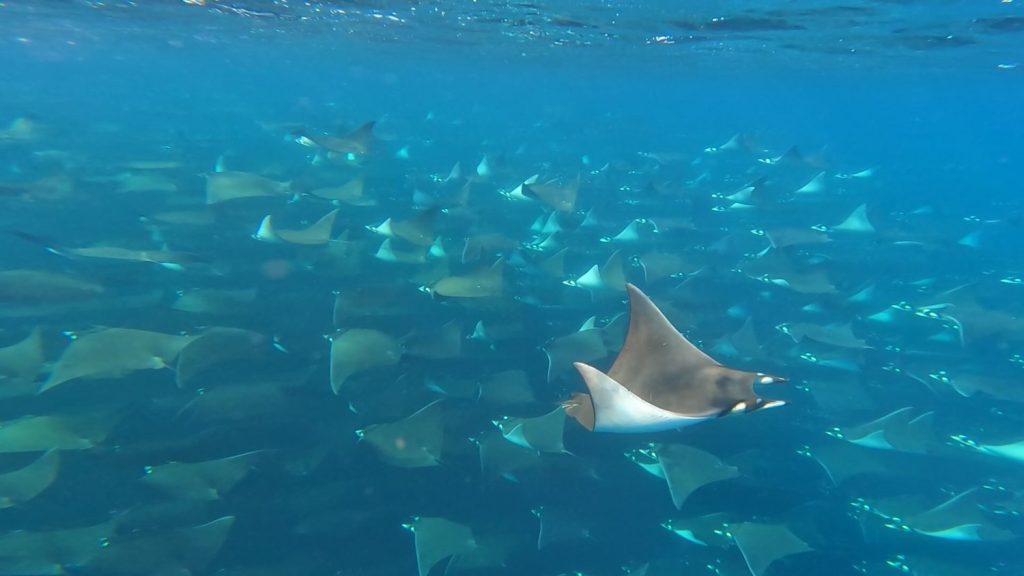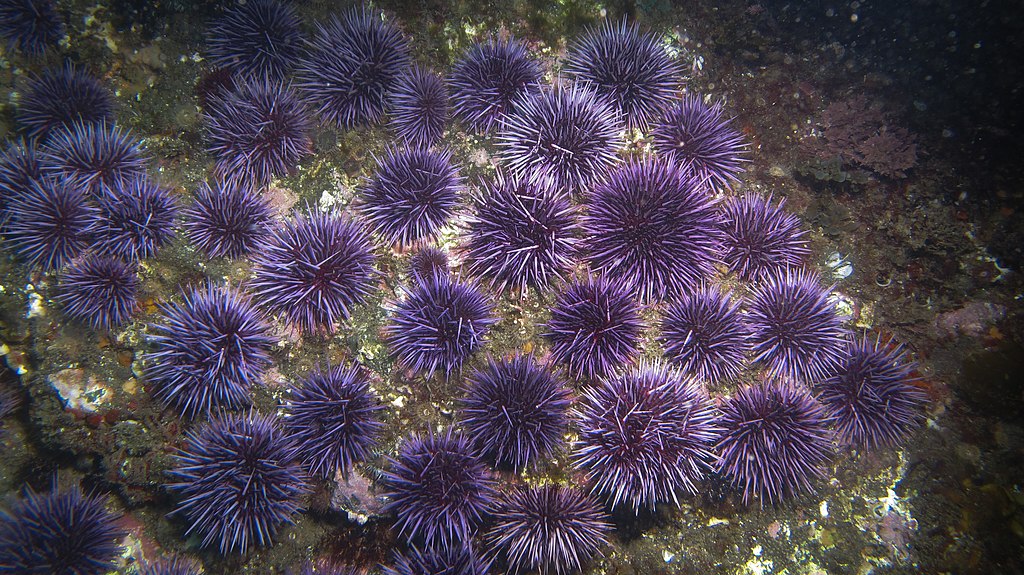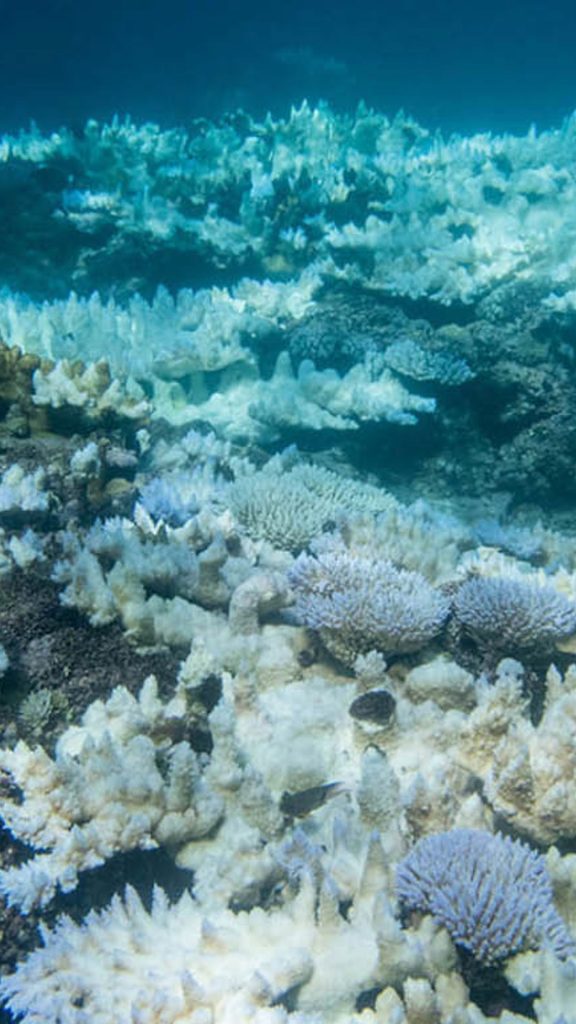Why Are Sharks the Sentinels of Our Oceans?

At NovoScuba, we are captivated by the wonders of the underwater world, and few creatures inspire as much awe as sharks. Often misunderstood and misrepresented, sharks are extraordinary animals that play an essential role in the health of our oceans. These magnificent guardians of the seas help maintain the balance of marine ecosystems, ensuring the diversity and vitality of marine life. Far from being mere predators, sharks are vital for the health of our planet’s largest and most mysterious habitat.
Sharks have roamed the oceans for hundreds of millions of years, evolving into a diverse range of species that are perfectly adapted to their environments. Their presence is a sign of a healthy ocean, as they help keep populations of other marine animals in check. By preying on the sick and weak, sharks contribute to the overall health and resilience of marine species, which in turn supports the complex web of life beneath the waves. Lets discover their vital role and fascinating facts.

Ancient Survivors: Sharks have been around for over 400 million years, outliving dinosaurs and surviving five mass extinctions. Their longevity is a testament to their adaptability and resilience.
Variety and Versatility: There are over 500 species of sharks, ranging from the tiny dwarf lantern shark, which is only about 20 cm long (8 inches), to the massive whale shark, which can reach lengths of up to 12 mt (40 feet).


Sensory Superpowers: Sharks have an incredible array of senses. They can detect a drop of blood in an Olympic-sized swimming pool and sense electrical fields produced by other animals, helping them hunt even in the dark or murky waters.
Sleep Like a Shark: Unlike humans, many sharks don’t sleep in the traditional sense. Some species need to keep moving to breathe, so they enter a restful state where parts of their brain remain active while they continue swimming.

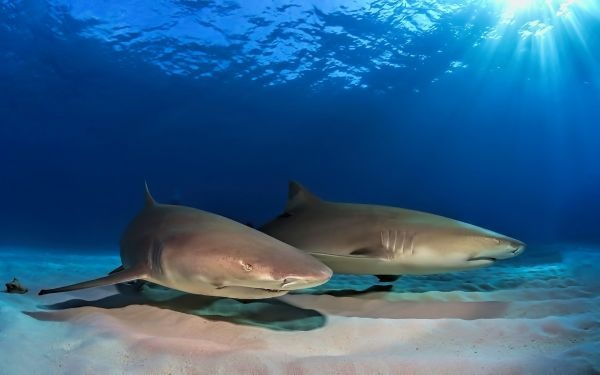
Social Creatures: Some shark species are known to form social bonds and can be quite sociable. Lemon sharks, for instance, have been observed forming friendships that last for years.
Shark Skin: Shark skin is covered in tiny, tooth-like structures called dermal denticles, which reduce drag and allow them to swim efficiently. This unique feature has inspired innovations in technology, such as swimsuits designed to mimic their hydrodynamic properties.
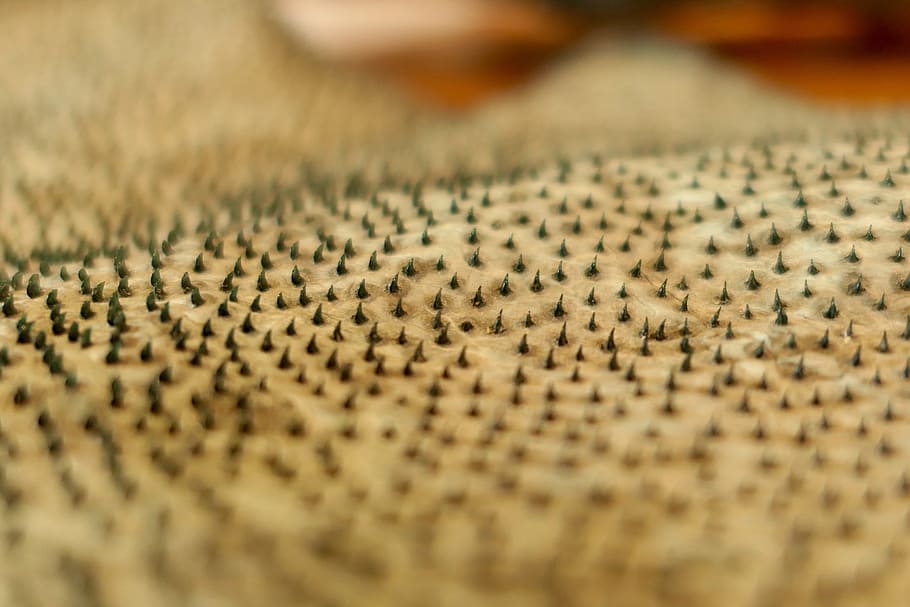
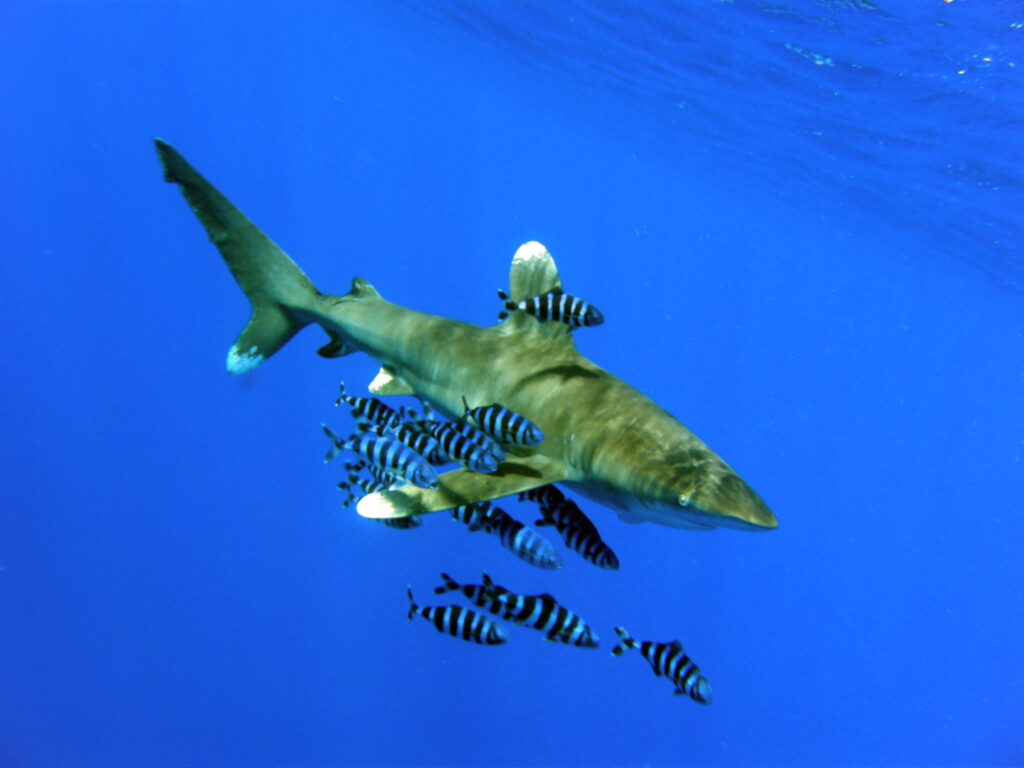
Vital for Ecosystems: As apex predators, sharks help maintain the balance of marine ecosystems by keeping prey populations healthy and in check. This, in turn, supports the health of seagrass beds and coral reefs, which are vital to a diverse range of marine life.
Embrace the awe and wonder of these incredible creatures with us. Let’s celebrate sharks not just for their fearsome reputation, but for the indispensable role they play in our oceans.

